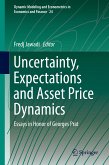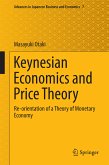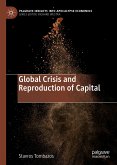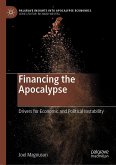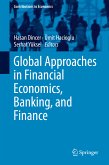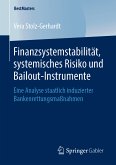The formation and collapse of property bubbles has had a profound impact on the economic administration of many nations. The property price bubble that began around the mid-1980s in Japan has been called the 20th century's biggest bubble. In its aftermath, the country faced a period of long-term economic stagnation dubbed the "lost decade." Sweden and the United States have also faced collapses of property bubbles in the 20th and early 21st centuries, respectively.
It has been pointed out that the "information gap" that existed between policy-making authorities and the property (including housing) and financial markets was a problem. In 2009, the IMF proposed the creation of a housing price index to the G20 in order to fill this information gap, and the proposal was adopted. Furthermore, in 2011, it was suggested that the next economic crisis would be caused by a bubble in commercial property prices, and it was decided to create a commercial property index as well.
This book provides practical examples of how the theory of property price indexes can be applied to the issues of property as a non-homogenous good and a technological and environmental change.
W. Erwin Diewert is a Professor in the Vancouver School of Economics at the University of British Columbia. Kiyohiko G. Nishimura is a Professor at the National Graduate Institute for Policy Studies (GRIPS) and Professor Emeritus and Distinguished Project Research Fellow of the Center for Advanced Research in Finance at the University of Tokyo. Chihiro Shimizu is a Senior Fellow Professor of the Center for Spatial Information Science, the University of Tokyo, and Professor of Nihon University. Tsutomu Watanabe is a Professor in the Faculty of Economics at the University of Tokyo.
Dieser Download kann aus rechtlichen Gründen nur mit Rechnungsadresse in A, B, BG, CY, CZ, D, DK, EW, E, FIN, F, GR, HR, H, IRL, I, LT, L, LR, M, NL, PL, P, R, S, SLO, SK ausgeliefert werden.



